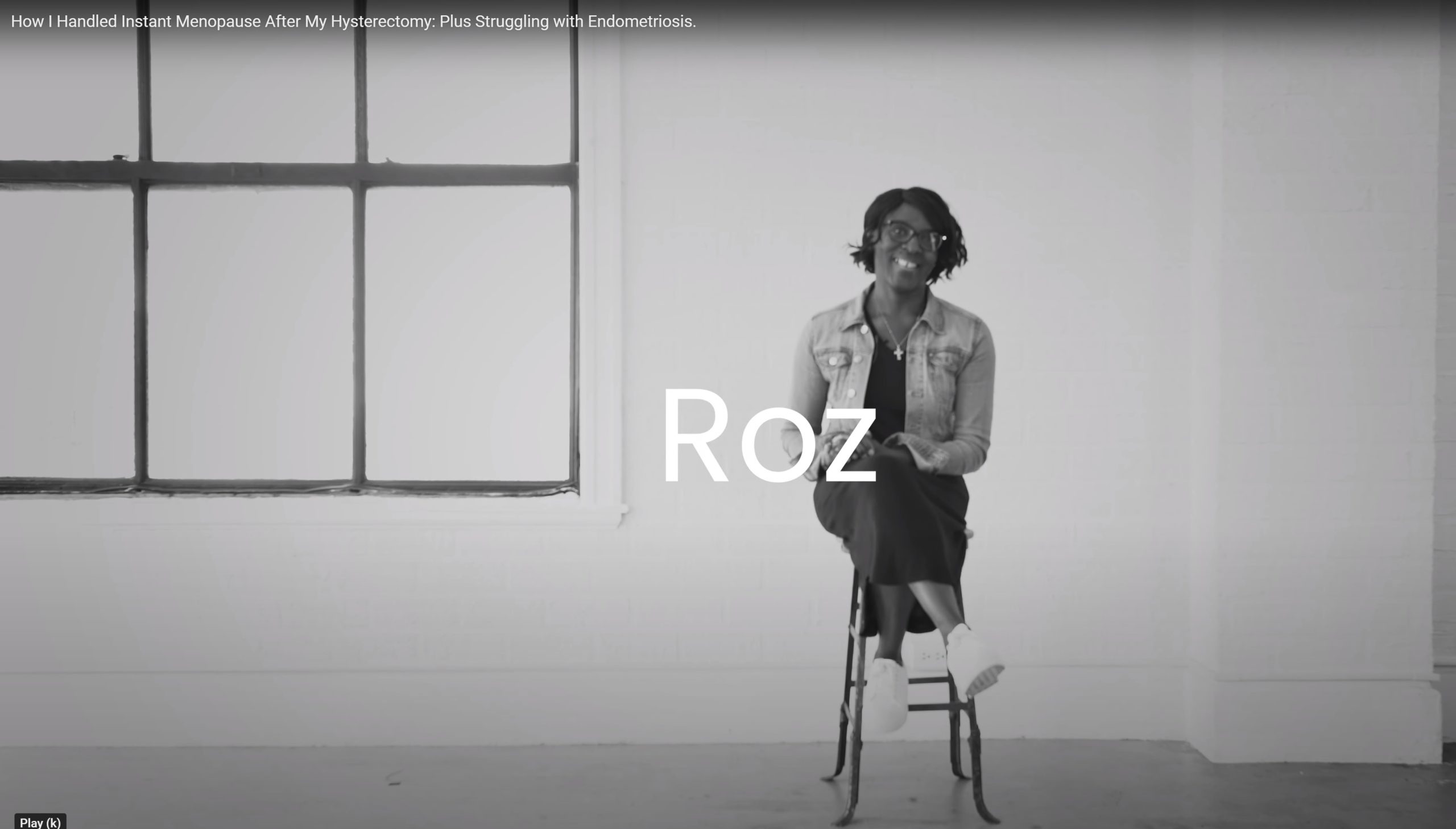The arrogance of youth cannot be overstated. We all lived through it, happily grounded in a view of the world where the future is still wide open, beckoning, forgiving, and hopeful. A pervasive youthful oblivion softening the sting of yet another year passing, another birthday achieved, another milestone under the belt.
Sadly, at some point all of us discover that youth really is fleeting. Regardless of which path we followed, which dreams we pursued, and how successful we considered ourselves to be, there came a point, a very individual, very personal point, at which we realized (with varying degrees of alarm), that we aren’t young anymore. And for some people, that news hits hard, sending shockwaves through the fabric of their lives and knocking them off balance.
Today’s world is more supportive and understanding, in general, than our parents’ and grandparents’ worlds were. We can easily and comfortably access information about mental health, physical ailments, spiritual growth, therapy, counselling, and many other topics that were taboo for the generations that preceded us. So you would think that somehow, we would be better prepared for the simple act of getting older. But that isn’t always how it happens.
What we see when we look back…
The mid-life stage happens in the years between one’s early 40s to early 60s. Some people meet their midlife years with grace and excitement while others meet these years with stiffness and animosity. Considering that mid-life is a stage that invites reflection, when we look back and review our accomplishments, it isn’t surprising that how we respond is very individual. In some cases, there is great contentment in this lookback. In other cases, there is a panicked understanding that we aren’t where we thought we would be in life. Perhaps we missed our boat. Or, in some awful cases, we come face to face with the fact that we did it exactly the way we planned but satisfaction still eludes us.
Interestingly enough, it turns out that the label ‘mid-life crisis’ describes a cultural stereotype often presented as a shame-inducing joke. The executive who throws in the towel on his existing life, buys a red sports car and drives off into the sunset. This is not anywhere near representative of most people’s experience because credible research shows that only 10-20% of midlife adults experience the ‘mid-life crisis’ phenomenon. However, just because you haven’t developed a substance use disorder, quit your job, or abandoned your family, doesn’t mean you aren’t suffering as a result of profound and impactful changes to your carefully structured live as a result of mid-life. [1] [2]
…and ahead.
Many of us struggle to accept the feelings and emotions that come with the passing of years. This is for good reason, because midlife brings a lot of moving parts of our lives out of the background and into focus. We start to face our mortality, that time is running out, and the reality that we can’t do everything the way we used to. Our bodies start to change, and not for the better. Our memories may become less reliable, or earlier traumas may come into sharper focus.
Our relationships transition as parents start to require care and children no longer need (or want) as much involvement from us. We’ve climbed the career ladder and have to accept that we may go no higher in the limited time we have left. Or in some cases, when we’ve spent decades clambering to the pinnacle of our definition of success, the view from the top doesn’t meet our expectations.
Women change…
And of course, there is biology. Women experience a transition into menopause, a powerful biological change driven by their hormones as they move out of their reproductive years. These hormonal fluctuations can radically alter their lives, causing terrible mental, physical turmoil that spills outwards, upending relationships with womens’ personal and professional connections.
…and so do men, just differently (ie. it’s not a “hormone thing”).
Men may not face the same level of underlying hormonal change as seen in the menopausal transition, but their testosterone does start to decrease steadily and relentlessly. Their sexual drive may start to slow, and they may lose the ability to achieve and/or maintain an erection. This, added to general age-related declines in physical ability, can cause serious impacts that drive depression, anxiety, mood swings, and many other disruptive symptoms.
How can midlife be made better? Through personal acceptance and adaptation.
Mid-life can definitely take you down. Whether the distress is caused by fluctuating hormones, or by personal resistance to aging, or by a sense that life has passed you by, there is hope. Remember though, that reaching midlife means you’ve experienced a lot of life so far. You have already coped with hardship and stress. Midlife is an opportunity to hop even more assertively into life’s driver’s seat and explore how to advocate for your own healthcare and how to improve your coping skills.
What can we do to improve our individual experience and to provide meaningful support for those suffering around us? The first step is to stop minimizing this life-stage for yourself, stop the stereotypes and the shame and blame that appear as if by magic. It simply is bad form to kick someone when they’re down, and when you kick yourself when you are down it’s hard to recover. The second step is to support yourself as you strengthen your coping and acceptance skills, both of which will guide to positive adjustments and adaptations.
You are definitely not alone!
First things first – see your healthcare provider. Struggling with symptoms that appear in midlife, including depression, fear of dying, and sexual challenges, should not happen in isolation. Talk to someone you trust. Make sure individuals closest to you are aware that you are not feeling your normal self.
Anger can be a big issue for midlife men. If this is you, consider specific anger management therapy. Find ways to calm yourself, including taking up meditation or yoga, starting talk therapy, finding new hobbies that are relaxing. Ensure that you are eating well, with abundant fresh fruit and vegetables. Focus on maintaining or expanding your levels of physical activity. Slow down or completely stop drinking alcohol.
Midlife can be a challenging time, when things change and not always in ways we want. But coming out of it can also be a time of wonderful contentment. The struggles can be real, but there are actions you can take to help manage them. And getting older doesn’t mean life is over. In fact, for many people, mid-life is the gateway to a future that is filled with less responsibility and greater adventure than any previous decades.
Click here for more information on male mid-life crises, manopause and andropause.



